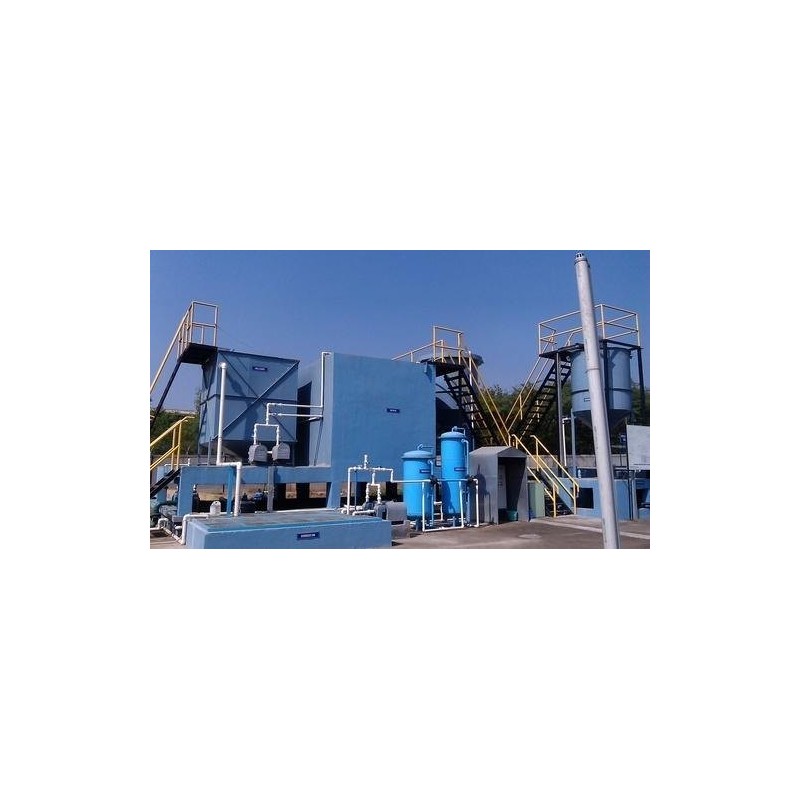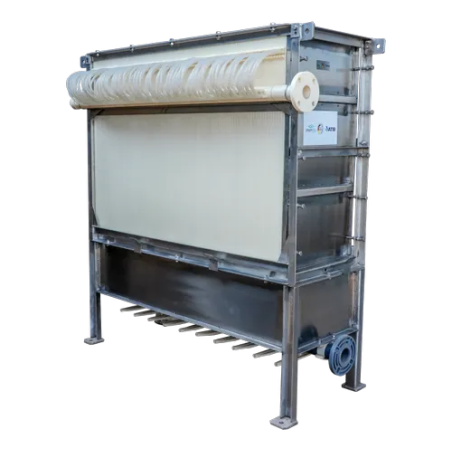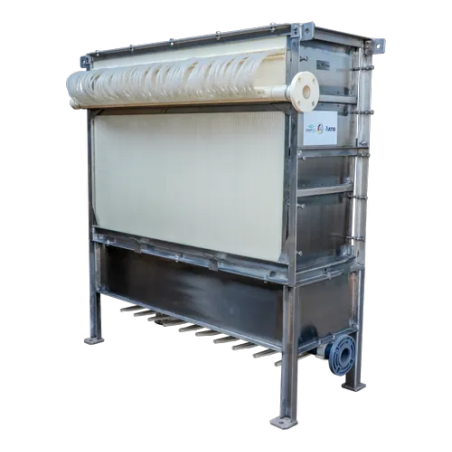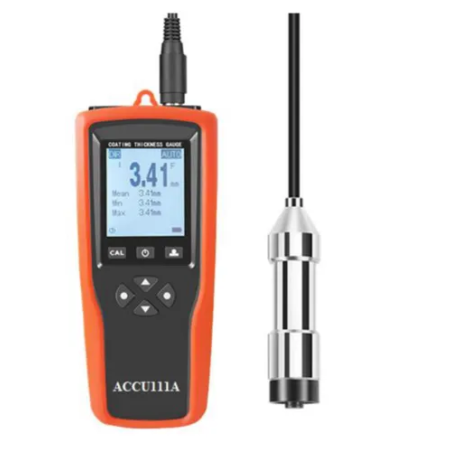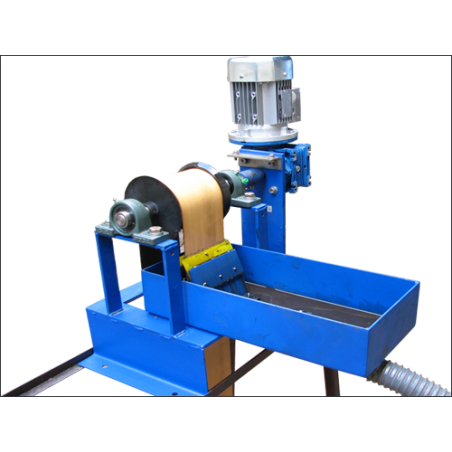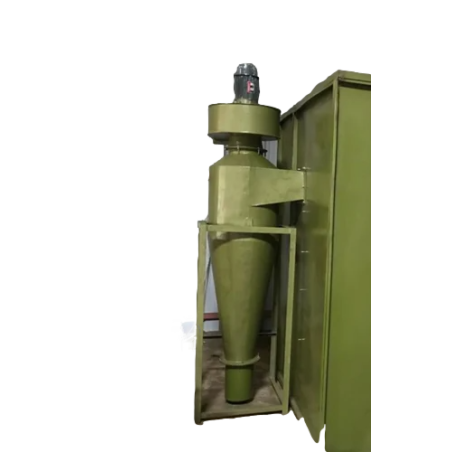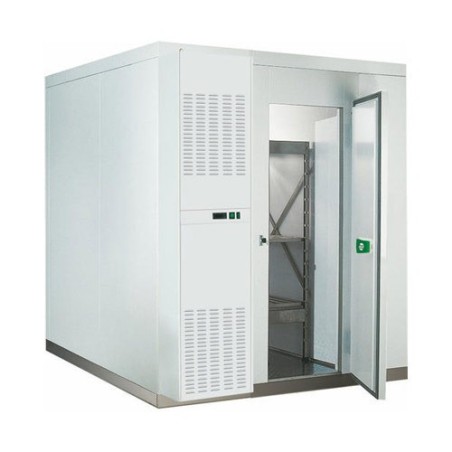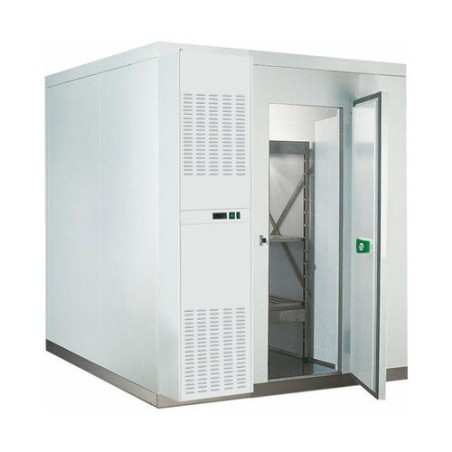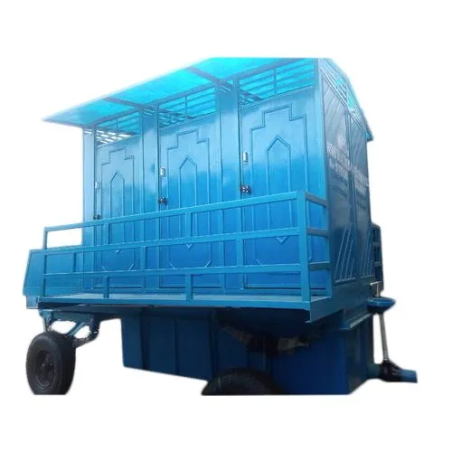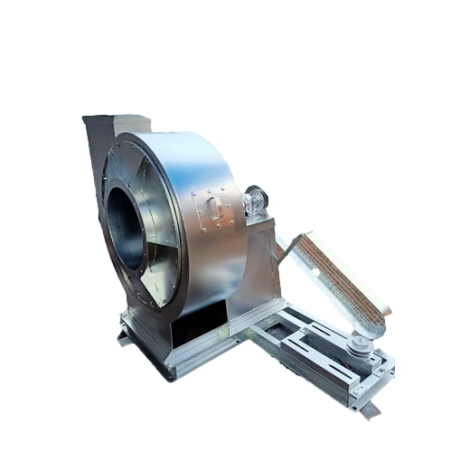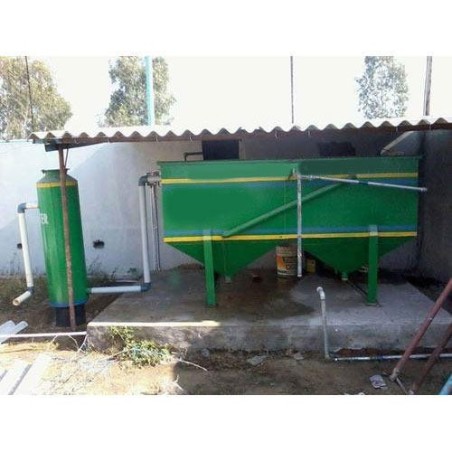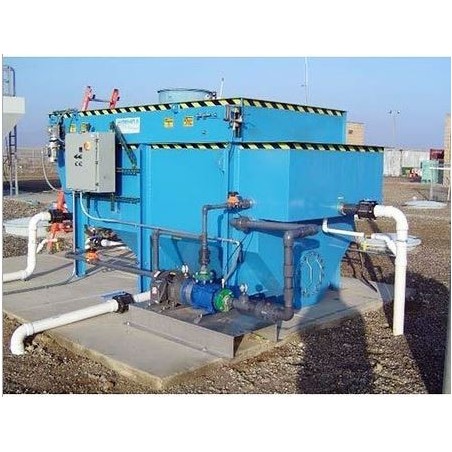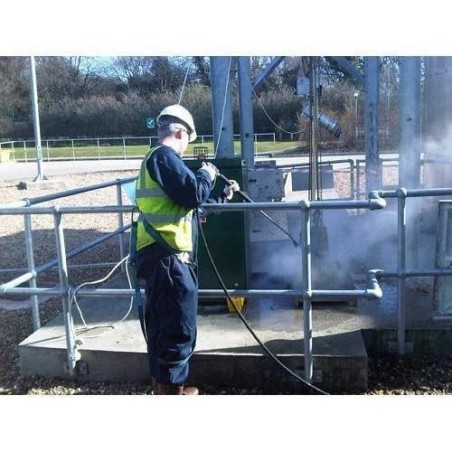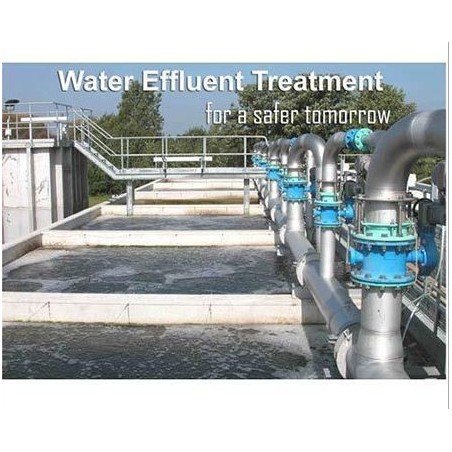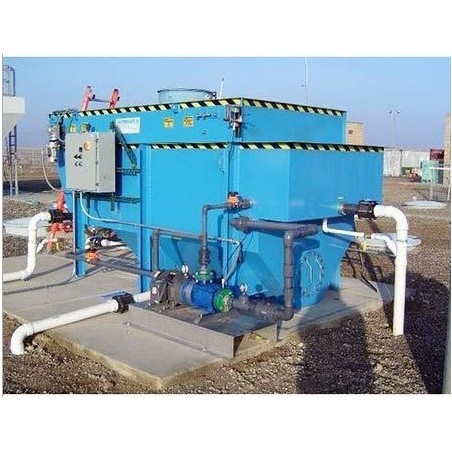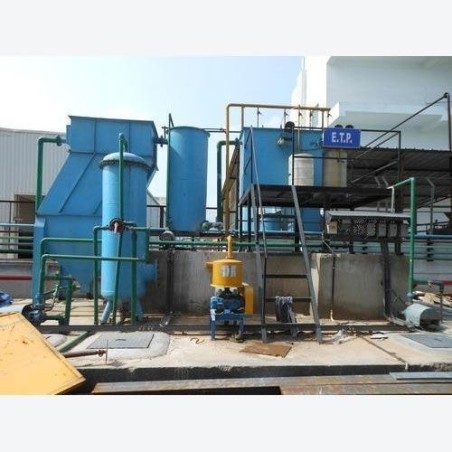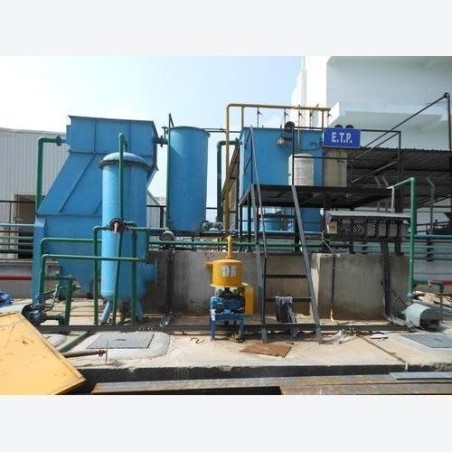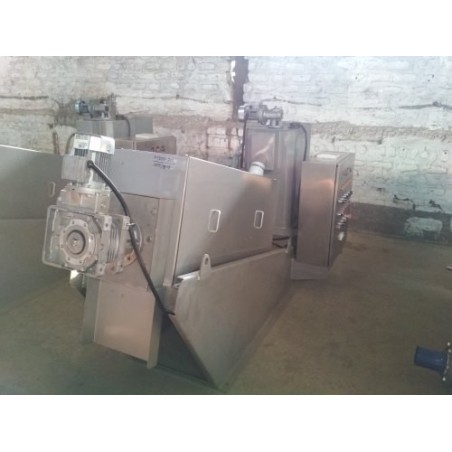Ultrafiltration Membranes
Effluent Treatment Plant System 5 KLD - 1 MLD
Quantity
Reference AAJMF Category Effluent Treatment Plant
5/5
Free Delivery in India | Lowest Global Shipping Charges
- Genuine Products
- Global Shipping
- Secured Payments

Save up to 28% with GST Input
Avail maximum benefits from input tax mechanism on all your Business Invoices. Get GST Invoices on your business purchases. And 0% Taxes on all worldwide deliveries

100% Original Products
Shop with assurance, as each product we offer is 100% original, ensuring quality and authenticity with every purchase
Effluent Treatment Plant System 5 KLD - 1 MLD
Reference AAJMF Category Effluent Treatment Plant
Specifications
| Color | Blue |
|---|---|
| Usage/Application | Wastewater Treatment |
| Country of Origin | India |
| Warranty | 1 Year |
| Installation Type | Containerized Plug & Play |
| Water Source | Commercial Waste Water |
| Application Industry | Pharmaceutical & Chemicals |
| Control Module | Available |
| Capacity (KLD/MLD) | 5 KLD - 1 MLD |
| Treatment Technology | Mixed Bed Bio Reactor(MBBR) |
| Inlet Flow Rate(m3/day or m3/hr) | 1000 m3/day |
Key Features
- Bulk Quantities Available
Product Details
Wastewater generated by Pharmaceutical and personal care industries and Drug manufacturing units contains various solvents, ingredients, and other solid, hazardous wastes.Pharmaceutical manufacturing has until recently been generally considered to not significantly contribute to environmental pollution on the one hand, and not pose any environmental threat of consequence, on the other. Recent findings however suggest the contrary: certain manufacturing facilities across the globe have been determined to discharge into the environment significantly high levels of APIs, beyond previously established levels, thereby causing pollution. Antibiotics constitute a significant proportion of APIs found in the environment, and have become a class of contaminants of emerging concern. They have been detected at concentrations between a few ng/L to g/ L, as well as at levels as high as mg/L range in both industrial effluents and their receiving water bodies, including surface and groundwater across various countries of the world High levels of the antibiotic oxytetracycline were detected at 600 mg/L in the ETP discharge of a PMC in Asia. In developing nations like Nigeria, there is little or no evidence of regulatory disposal of pharmaceutical wastes, and a large number of PMCs either lack an ETP or installed ones are non-functional. Unregulated methods of waste disposal have resulted in the occurrence of APIs in high concentrations beyond tolerable levels. Undoubtedly, the implication for environmental health regarding soil and water quality is negative. Also, some authors have speculated that the industrial use of pharmaceuticals is a major source of environmental pollution. Moreover, studies implicating pharmaceutical ETP as a real source of pollution are well documented.The food crisis in some African countries like Nigeria has resulted in elevated small-scale cropping including subsistence farming. Consequently, there is an increased reliance on irrigation from various non-precipitation water sources including polluted ponds, rivers, and streams. Part of the strategy to augment rainwater is the use of industrial wastewater and its receiving water bodies. In the study area, PMCs discharge untreated effluent heavily laced with APIs including antibiotics into surrounding water bodies. Small-scale soybean (Glycine max) production has recently experienced a significant increase, mostly to address the endemic malnutrition in affected regions. Soybean (Glycine max) is an economical legume, containing twice the protein content of beef and poultry, yet costing only a fifth of their price. Metronidazole (2-methyl-5-nitro-1H-imidazole- 1-ethanol) belongs to the antibiotic class nitroimidazole. Used for the management of both human and animal diseases of various causative organisms, it is one of the most common and widely consumed over-the-counter (OTC) antibiotics, thus its production in very large quantities. Levels as high as 34 mg/L were detected in the ETP sample of a PMC in Lagos, Nigeria. Metronidazole does not readily adsorb to sediments or soil, explaining its high availability and potential uptake by plants. Furthermore, it has been reported to have low biodegradability in the environment.
Other products from this brand
Ultrafiltration Membranes
Thickness Gauge
$163
Oil Skimmer
Dust Collector
Cold Room
Cold Room
Mobile Bio Toilet
Mobile Bio Toilet
Induced Draft Fans
Recommended Products
Effluent Treatment Plant
$710
Effluent Treatment Plant
Effluent Treatment Plant
Effluent Treatment Plant
Effluent Treatment Plant
Effluent Treatment Plant
Effluent Treatment Plant
Effluent Treatment Plant
Effluent Treatment Plant
Effluent Treatment Plant
Quantity

24/7 Customer Support
Shop with confidence knowing that our 24/7 Customer Support is always available to assist with any inquiries

# Lowest Price Challenge
If you find this product anywhere at lower cost than us. Call us and we will not only match the price but also give a complimentary coupon

